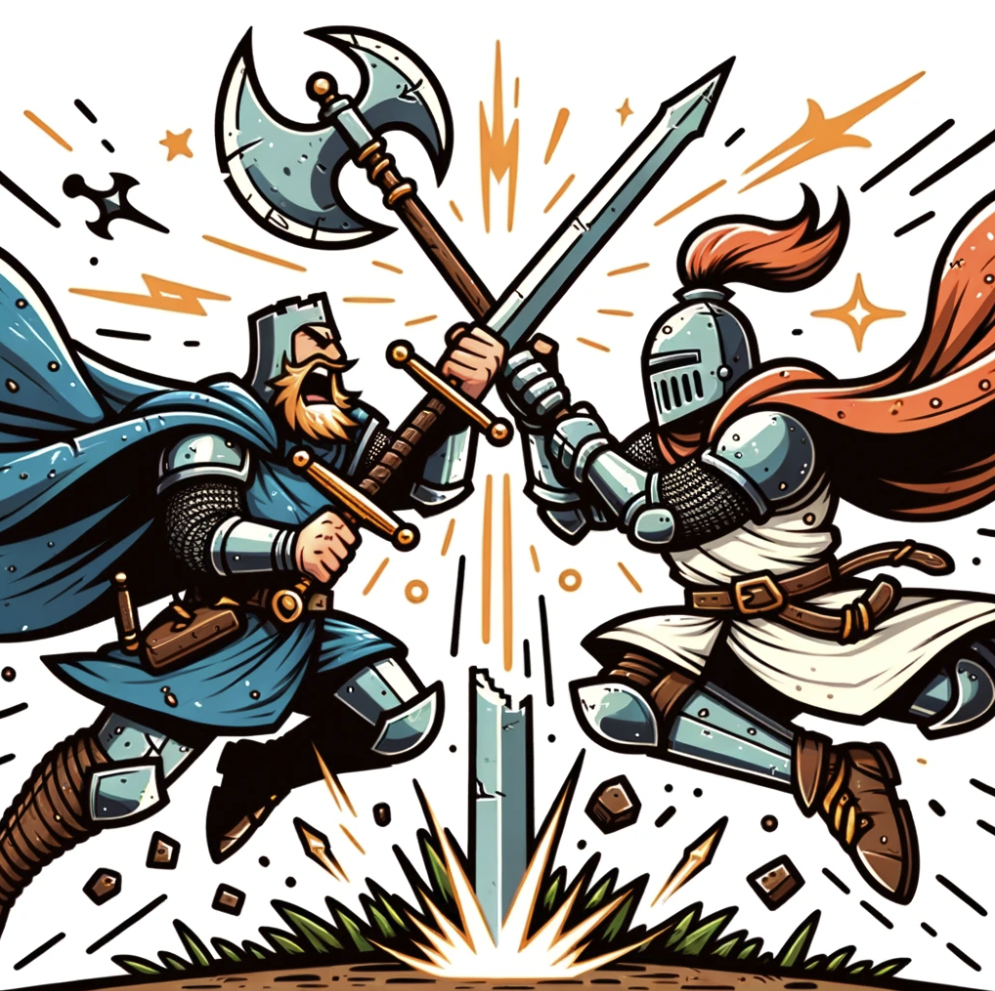When it comes to creating fictional worlds, whether for literature, movies, or video games, one of the most important aspects is the establishment of a unique and believable setting.
This often includes the creation of countries with distinct names that reflect the culture, geography, or history of the fictional world.
Made up country names play a crucial role in immersing the audience and enhancing the overall storytelling experience.
In this article, we will explore the significance of made up country names in English and delve into the techniques used to create them.
Table of Contents
Common Country Names
Common Country Names
- United States
- Canada
- United Kingdom
- Australia
- France
- Germany
- Japan
- China
- India
- Brazil
- Mexico
- Italy
- Russia
- Spain
- South Africa
Unique Country Names
Unique Country Names
- Bhutan
- Tuvalu
- Seychelles
- Djibouti
- Comoros
- Eswatini
- Suriname
- Kiribati
- Lesotho
- Maldives
- Nauru
- Palau
- Sao Tome and Principe
- Vanuatu
- Fiji
Good Country Names
Good Country Names
- New Zealand
- Switzerland
- Sweden
- Norway
- Denmark
- Austria
- Netherlands
- Belgium
- Singapore
- Iceland
- Ireland
- Finland
- Luxembourg
- Portugal
- Greece
Dwarven Country Names
Dwarven Country Names
- Ironhold
- Stonepeak
- Anvilhelm
- Graniteforge
- Hammerfall
- Glimmerdeep
- Orehaven
- Boulderhome
- Steelbeard
- Gemheart
- Axebane
- Emberforge
- Stoneshield
- Goldcrest
- Thundervein
Elven Country Names
Elven Country Names
- Silverwood
- Evergreen
- Starfallen
- Moonshadow
- Sunfire
- Windrider
- Crystalwyn
- Leafsong
- Frostbloom
- Twilight Vale
- Sylvermoon
- Elendir
- Aranel
- Aeloria
- Quel’Thalas
Nordic Country Names
Nordic Country Names
- Valhalla
- Fjordheim
- Iceholm
- Thor’s Reach
- Njordvik
- Runestone
- Freyhold
- Yggdrasil
- Bjornheim
- Frostmark
- Skadi’s Domain
- Aegirstrand
- Mjolnir Peaks
- Fenrir’s Lair
- Odin’s Grace
Fantasy Land Names
Fantasy Land Names
- Mystica
- Avaloria
- Eldoria
- Arcanea
- Enchantedrealm
- Mythoria
- Serendalia
- Dreamhaven
- Faerieland
- Celestia
- Etheria
- Wondertopia
- Fantasia
- Whimsywood
- Mirage Isle
Creative Country Names
Creative Country Names
- Harmonia
- Novastar
- Zephyria
- Luminastra
- Verdantia
- Aquaterra
- Aetherium
- Terravale
- Celestoria
- Ignisaria
- Astralund
- Seraphonia
- Elysium
- Phantasmagoria
- Eldertide
Funny Country Names
Funny Country Names
- Absurdistan
- Nonsensica
- Whimsyland
- Chuckleville
- Gagtopia
- Laughalot
- Sillyshire
- Quirkistan
- Jokington
- Hilaritopia
- Grinville
- Punsylvania
- Jesterville
- Ridiculand
- Hootopia
Fake Country Names (Made Up Country Names)
Fake Country Names (Made Up Country Names)
- Fictoria
- Imaginaria
- Mythosia
- Phantasya
- Illusoria
- Imagineland
- Mythica
- Fabledonia
- Dreamorica
- Quixotia
- Fabrica
- Unreality
- Whimsica
- Fictionalia
- Miragestan
Cool Fantasy Country Names
Cool Fantasy Country Names
- Dragonspire
- Shadowfen
- Stormhaven
- Starfall Reach
- Ironsoul Dominion
- Frostbite Peaks
- Emberfall Realm
- Azurea
- Celestial Dominion
- Serpentis Empire
- Obsidian Citadel
- Thundercliff Realm
- Solaris Dominion
- Bloodfire Enclave
- Nightshade Realm
The Importance of Made Up Country Names
Made up country names serve several purposes in fictional works.
They not only provide a sense of identity and individuality to the countries within the story but also help in establishing a rich and immersive world. Here are some key reasons why made up country names are important:
- Distinctiveness: Made up country names allow authors and creators to differentiate their fictional countries from real-world nations. This helps in avoiding any potential confusion or misinterpretation.
- World-Building: By inventing unique country names, authors can develop a detailed and intricate world for their story. These names can reflect the geography, culture, or history of the fictional country, providing readers or viewers with a deeper understanding of the setting.
- Engagement: Well-crafted made up country names can captivate the audience’s attention and spark their curiosity. They create a sense of intrigue and make the fictional world feel more alive and vibrant.
- Memorability: Memorable country names can leave a lasting impression on the audience, making them more likely to remember and discuss the fictional world long after experiencing the story.
Techniques for Creating Made Up Country Names
Creating believable and engaging made up country names requires careful consideration and creativity. Here are some techniques commonly used by authors and creators:
1. Phonetics and Sounds
One approach to creating made up country names is to focus on the phonetics and sounds of the language.
By combining different consonants and vowels, authors can generate unique and distinct names.
For example, the country name “Zyldavia” from the comic book series “The Adventures of Tintin” has a memorable and exotic sound.
2. Cultural Inspiration
Another technique is to draw inspiration from real-world cultures and languages.
Authors can modify existing words or combine elements from different languages to create new country names.
This approach adds depth and authenticity to the fictional world. For instance, the country name “Wakanda” from the Marvel Comics universe is inspired by the Wakamba tribe in Kenya.
3. Geography and Landmarks
Geography and landmarks can also serve as a source of inspiration for made up country names.
Authors can incorporate elements such as mountains, rivers, or unique natural features into the names of their fictional countries.
The country name “Rivendell” from J.R.R. Tolkien’s “The Lord of the Rings” series is derived from the words “riven” (to split) and “dell” (a small valley), reflecting the geography of the elven realm.
4. Historical References
Referencing historical events or figures can add depth and context to made up country names.
By incorporating historical elements, authors can create a sense of continuity and establish a rich backstory for their fictional nations.
The country name “Gilead” from Margaret Atwood’s “The Handmaid’s Tale” is derived from the biblical region of Gilead, known for its significance in ancient history.
Examples of Well-Known Made Up Country Names
Throughout literature, movies, and other forms of media, there are numerous examples of well-crafted made up country names. Let’s explore a few notable examples:
1. Narnia
Created by C.S. Lewis in “The Chronicles of Narnia” series, Narnia is a magical land inhabited by talking animals and mythical creatures.
The name “Narnia” has a whimsical and enchanting quality, perfectly capturing the essence of the fictional world.
2. Westeros
George R.R. Martin’s “A Song of Ice and Fire” series, adapted into the television series “Game of Thrones,” features the fictional continent of Westeros.
The name “Westeros” evokes a sense of grandeur and vastness, reflecting the sprawling and politically complex world depicted in the story.
3. Panem
Suzanne Collins’ “The Hunger Games” trilogy is set in the dystopian nation of Panem.
The name “Panem” is derived from the Latin phrase “panem et circenses,” meaning “bread and circuses.”
This name choice symbolizes the stark social inequality and political manipulation present in the fictional society.
FAQs – Made Up Country Names
1. Why do authors create made up country names?
Authors create made up country names to establish unique and distinct fictional worlds, differentiate their countries from real-world nations, and enhance the overall storytelling experience.
2. How do authors come up with made up country names?
Authors often come up with made up country names by focusing on phonetics and sounds, drawing inspiration from real-world cultures, incorporating geography and landmarks, or referencing historical events.
3. Can made up country names be inspired by real countries?
Yes, made up country names can be inspired by real countries.
Authors may modify existing words or combine elements from different languages to create new and believable country names.
4. What is the significance of geography in creating made up country names?
Geography can serve as a source of inspiration for made up country names.
Authors can incorporate elements such as mountains, rivers, or unique natural features into the names of their fictional countries, adding depth and authenticity to the world-building process.
5. How do made up country names contribute to world-building?
Made up country names contribute to world-building by reflecting the culture, geography, or history of the fictional country.
They provide readers or viewers with a deeper understanding of the setting and help create a rich and immersive world.
6. Can made up country names impact the audience’s engagement with a story?
Yes, well-crafted made up country names can captivate the audience’s attention and spark their curiosity.
They create a sense of intrigue and make the fictional world feel more alive and vibrant, enhancing the overall engagement with the story.
7. Are there any famous examples of made up country names?
Yes, there are several famous examples of made up country names, such as Narnia from C.S. Lewis’ “The Chronicles of Narnia,” Westeros from George R.R. Martin’s “A Song of Ice and Fire,” and Panem from Suzanne Collins’ “The Hunger Games.”
8. Can made up country names have historical references?
Yes, made up country names can have historical references.
By incorporating historical elements, authors can create a sense of continuity and establish a rich backstory for their fictional nations.
9. Do made up country names impact the memorability of a story?
Yes, memorable made up country names can leave a lasting impression on the audience, making them more likely to remember and discuss the fictional world long after experiencing the story.
10. How do made up country names contribute to the overall identity of a fictional world?
Made up country names contribute to the overall identity of a fictional world by providing a sense of individuality and uniqueness to each country within the story.
They help establish a rich and immersive setting that enhances the reader or viewer’s experience.
Summary – Made Up Country Names
Made up country names play a crucial role in creating immersive and captivating fictional worlds.
They provide distinctiveness, aid in world-building, engage the audience, and leave a lasting impression.
Techniques for creating these names include focusing on phonetics and sounds, drawing inspiration from real-world cultures, incorporating geography and landmarks, and referencing historical events.
Well-known examples of made up country names include Narnia, Westeros, and Panem. By carefully crafting these names, authors and creators can transport their audience to new and exciting realms.


